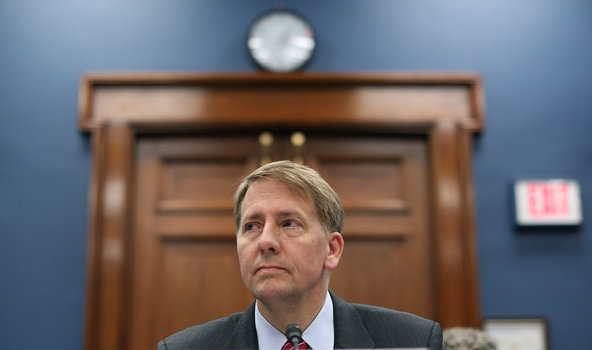BRUSSELS — The man who represents the 27 leaders of the European Union warned Thursday of widespread opposition to steps that may be necessary to keep Britain as a member of the bloc.
Herman Van Rompuy, the president of the European Council, said he saw “no impending need to open the E.U. treaties” to address the complaints of countries like Britain that are outside the euro zone and that object to “federal Euroland” rules governing the bloc.
“Nor do I feel much appetite for it around the leaders’ table,” Mr. Van Rompuy said in a speech he delivered Thursday evening
in London at the Policy Network, a center-left research organization.
An aide to Mr. Van Rompuy said the comments were meant to underline that there was no immediate need to change treaties to ensure the stability of the euro and that the comments were not referring to any demands for treaty change that Britain may seek in the future.
Still, Mr. Van Rompuy’s remarks appeared to be a pointed warning to Prime Minister David Cameron, who in January promised British voters a referendum within the next five years on whether to stay in the bloc on revised membership terms, or to leave.
Mr. Cameron’s stance is widely regarded as a bet that his country is big and important enough to win concessions from the bloc, including a change in the European Union treaty if necessary. But a number of European leaders, as well as critics in Britain, have also warned that Mr. Cameron could lose that gamble and end up overseeing the country’s voluntary exclusion from the bloc.
Mr. Van Rompuy also faulted the British approach as overly confrontational in a European Union that has a long tradition of consensual decision-making.
“How can you possibly convince a room full of people when you keep your hand on the door handle?” said Mr. Van Rompuy, without naming Mr. Cameron.
“How to encourage a friend to change, if your eyes are searching for your coat?” he added.
In the speech, Mr. Van Rompuy said that “leaving the club altogether, as a few advocate, is legally possible” but that such a move “would be legally and politically a most complicated and unpractical affair.”
Mr. Van Rompuy’s remarks began soon after Mario Monti, the departing Italian prime minister, warned during a speech in Belgium of renewed dangers to the European Union on its southern fringe.
Mr. Monti was roundly defeated during the weekend in elections that left no party with a majority in the new Parliament in Rome. The ballot also showed the emergence of the anti-establishment Five Star Movement, founded three years ago by the comedian Beppe Grillo, and the resurgence of Silvio Berlusconi, who was forced from office in November 2011 after a collapse in confidence in his ability to run the country.
In his speech, Mr. Monti, who described himself as a fervent supporter of budgetary discipline, said that one of the main problems the European Union faced was that reforms associated with such policies took a long time to bear fruit.
“If the gains from virtue are not seen, the insistence on virtue may be short-lived,” he told an audience of antitrust lawyers at a conference in Brussels, where he formerly served as the bloc’s commissioner for competition policy.
Mr. Monti said that “strategy at the E.U. level” was in danger of being undermined by “the most simplistic, some would say populistic” trends, adding the caveat that he was not referring to the elections in Italy.
Article source: http://www.nytimes.com/2013/03/01/business/global/eu-leader-suggests-europe-will-not-change-to-satisfy-critics.html?partner=rss&emc=rss

